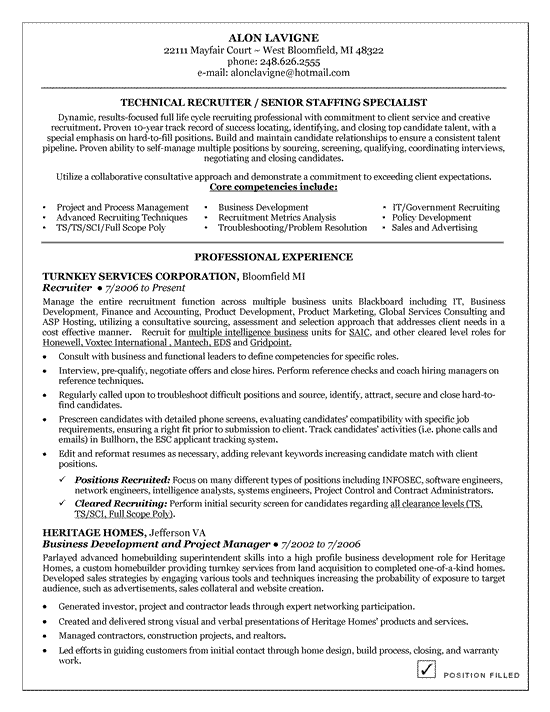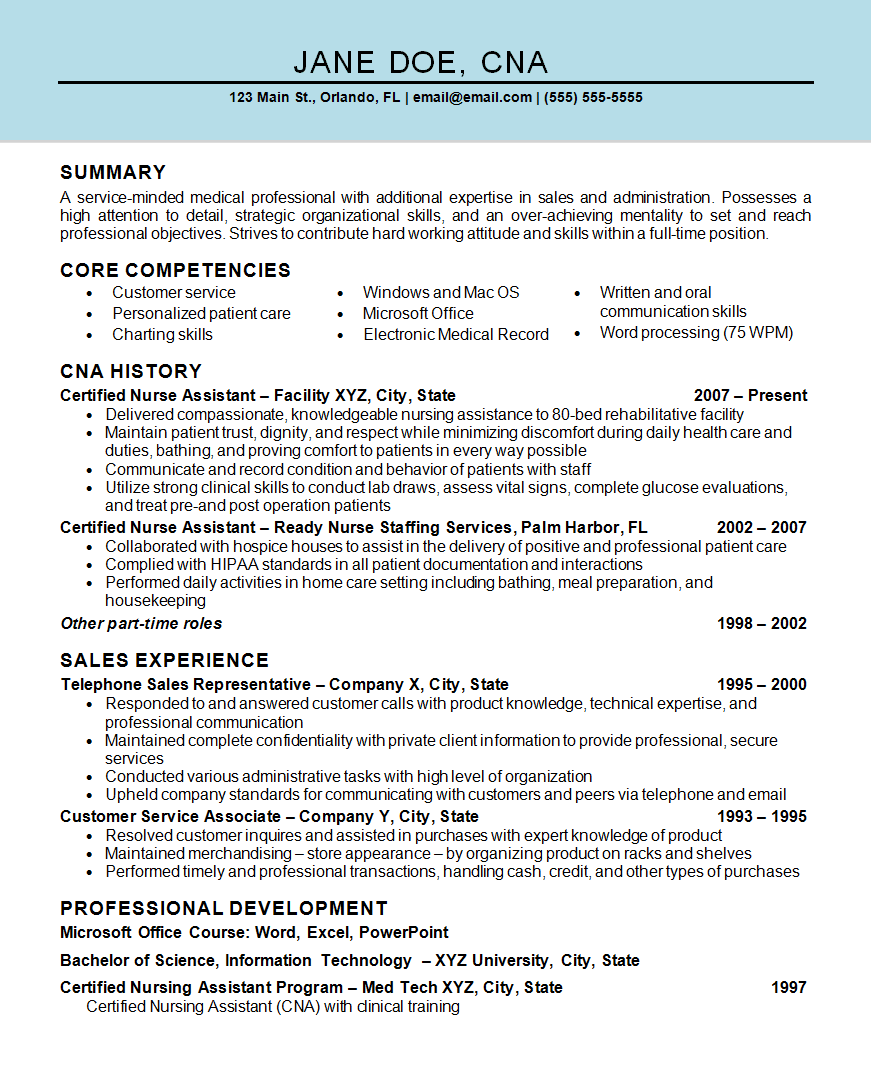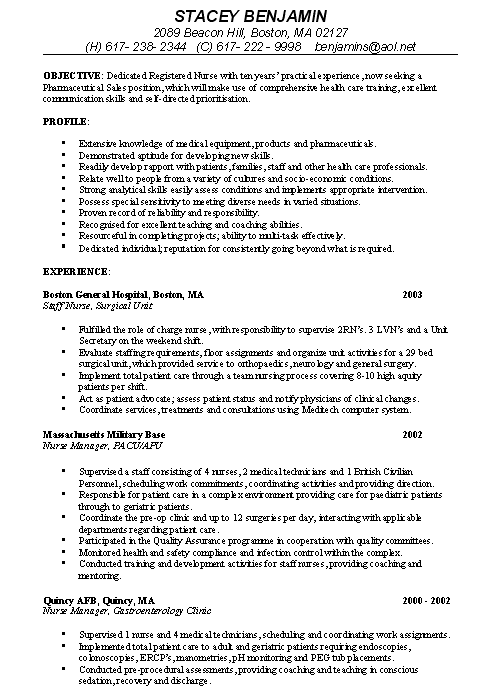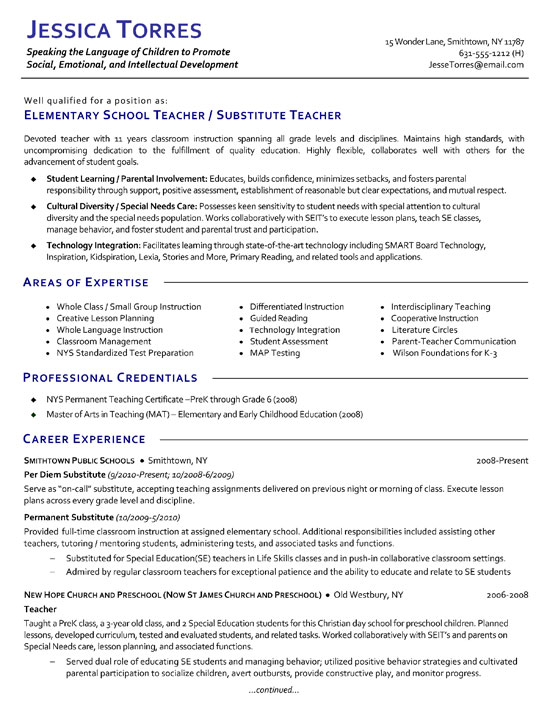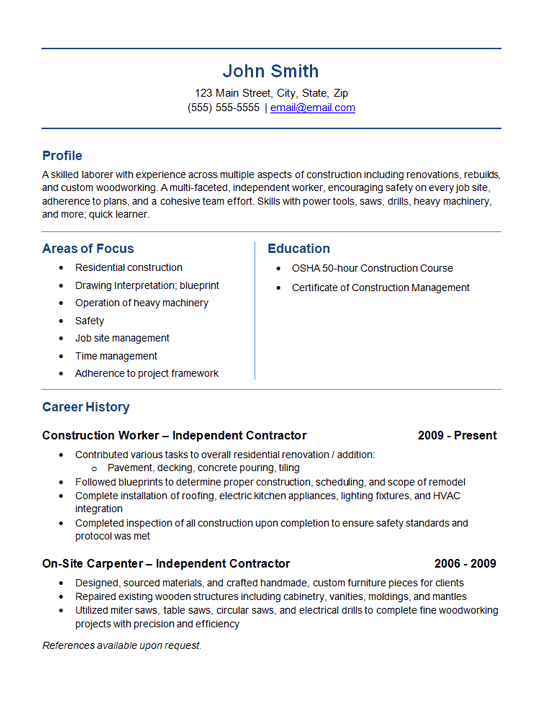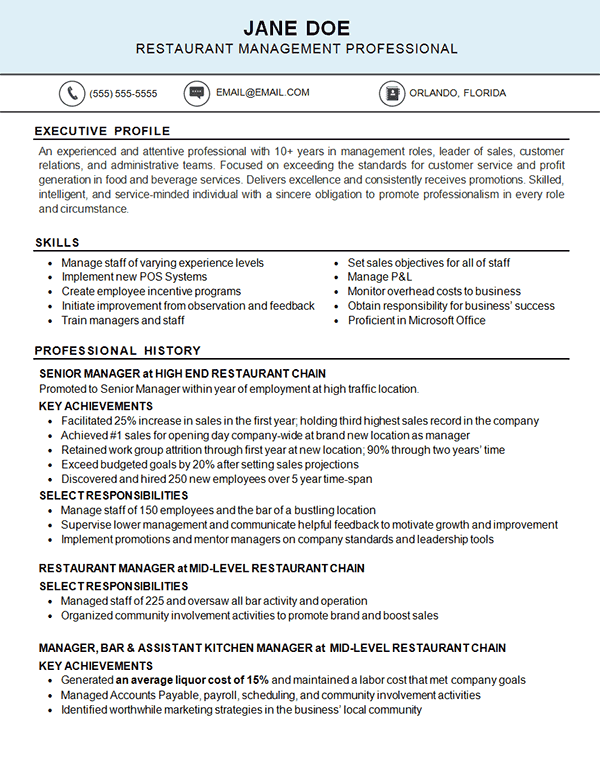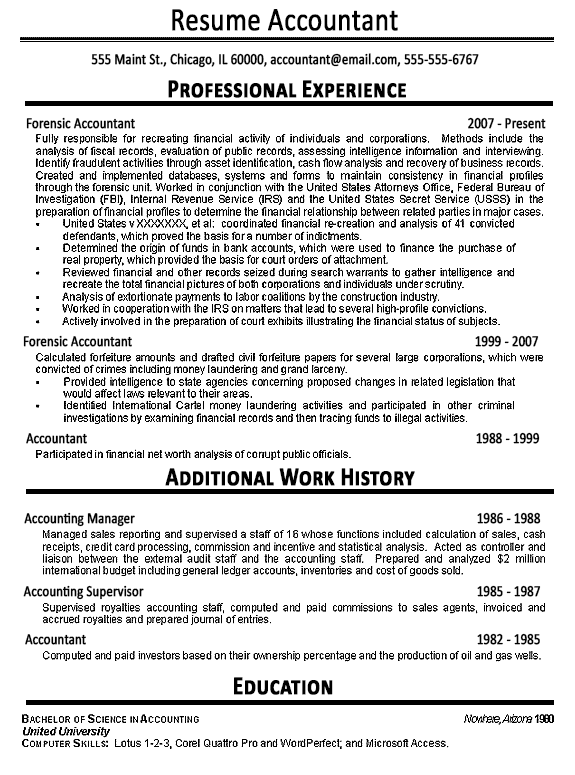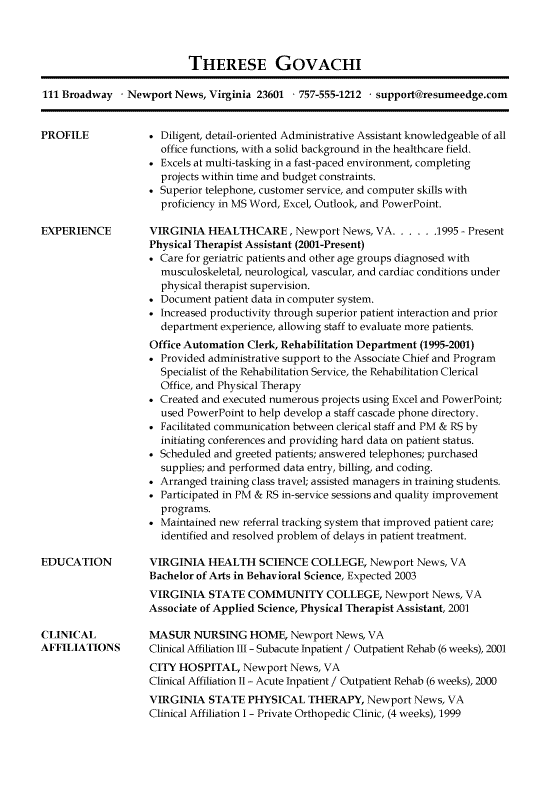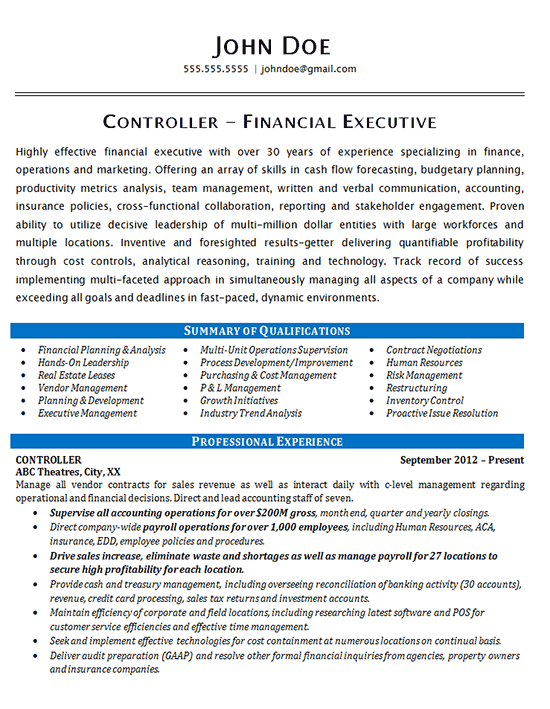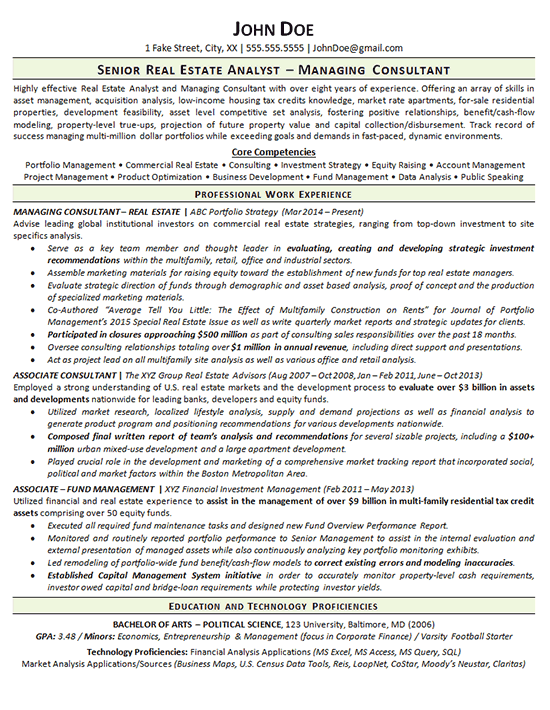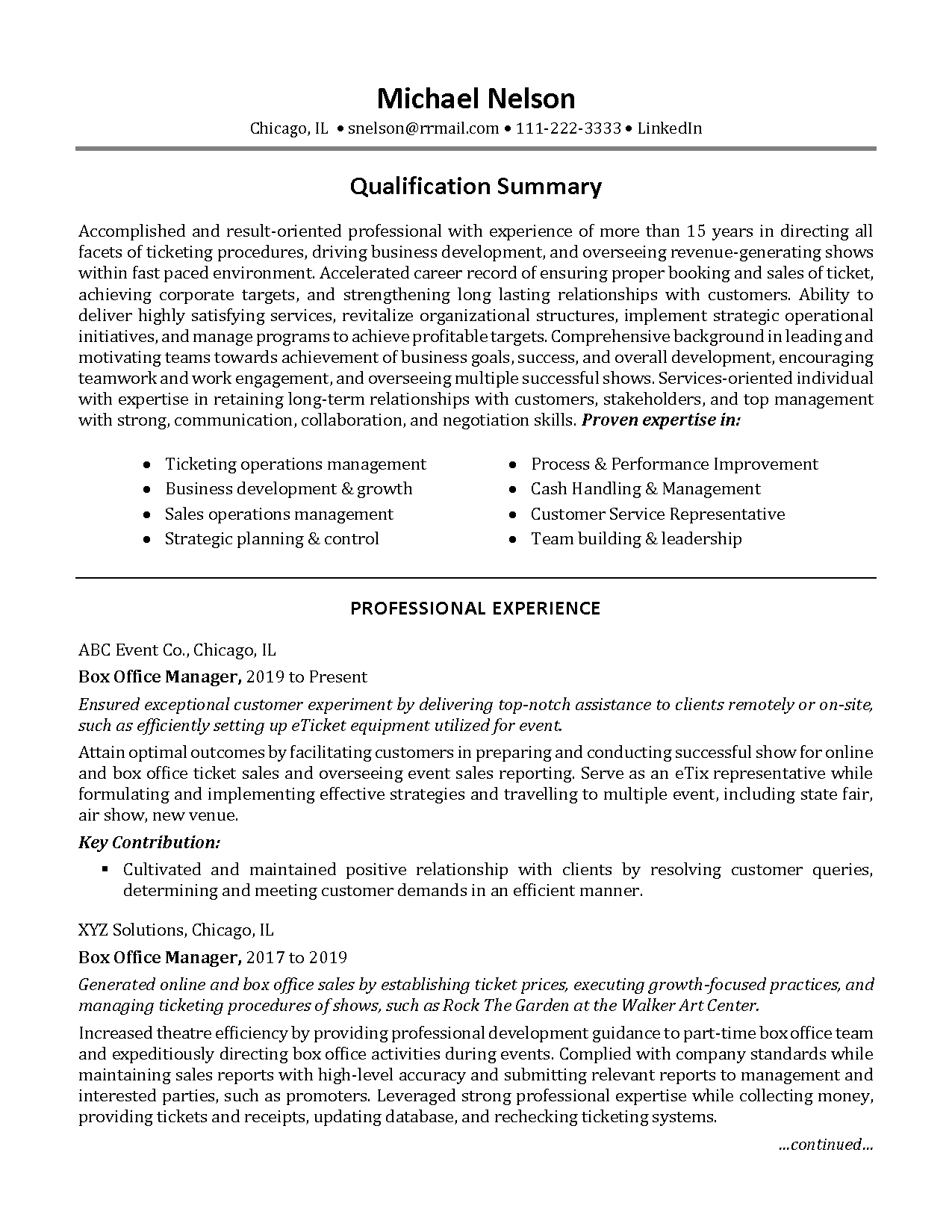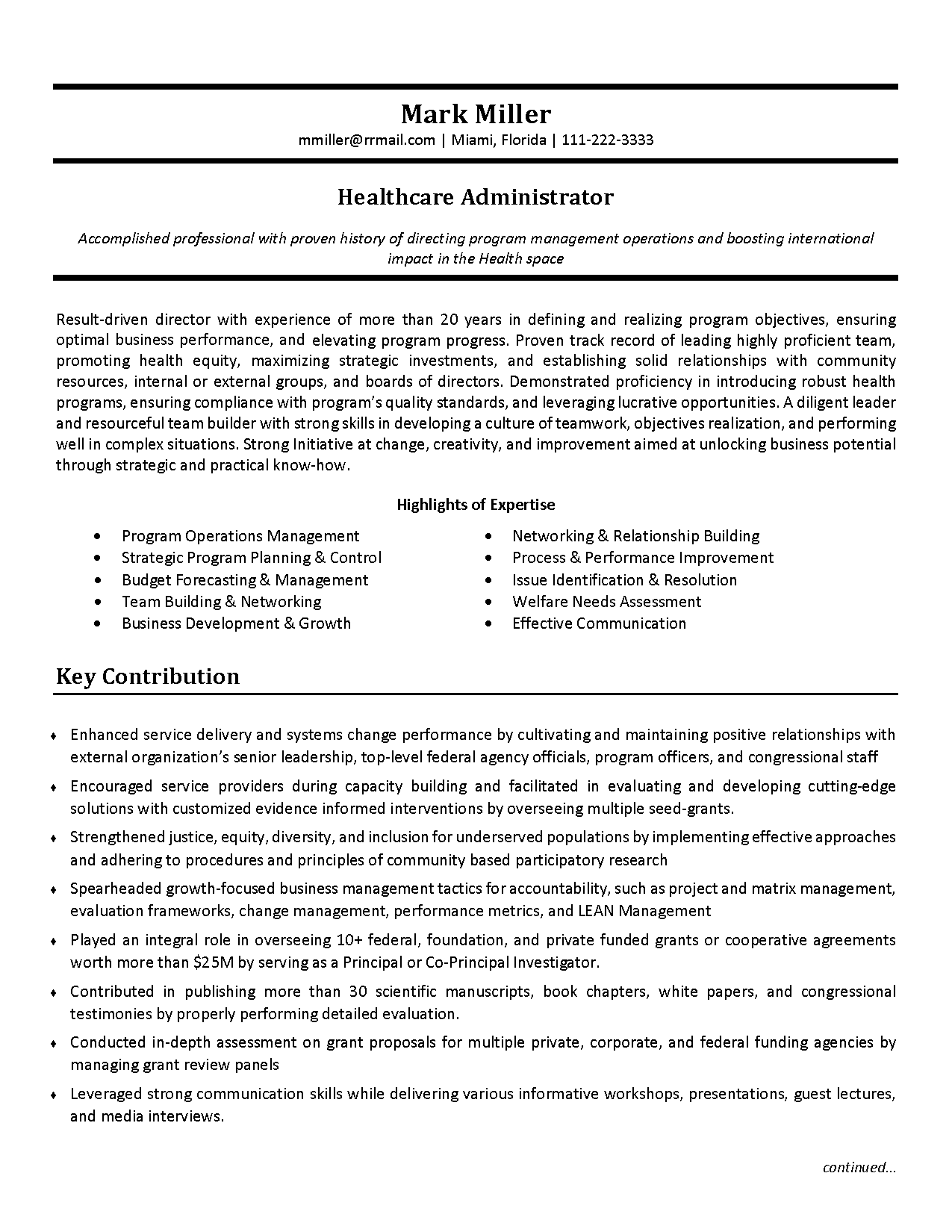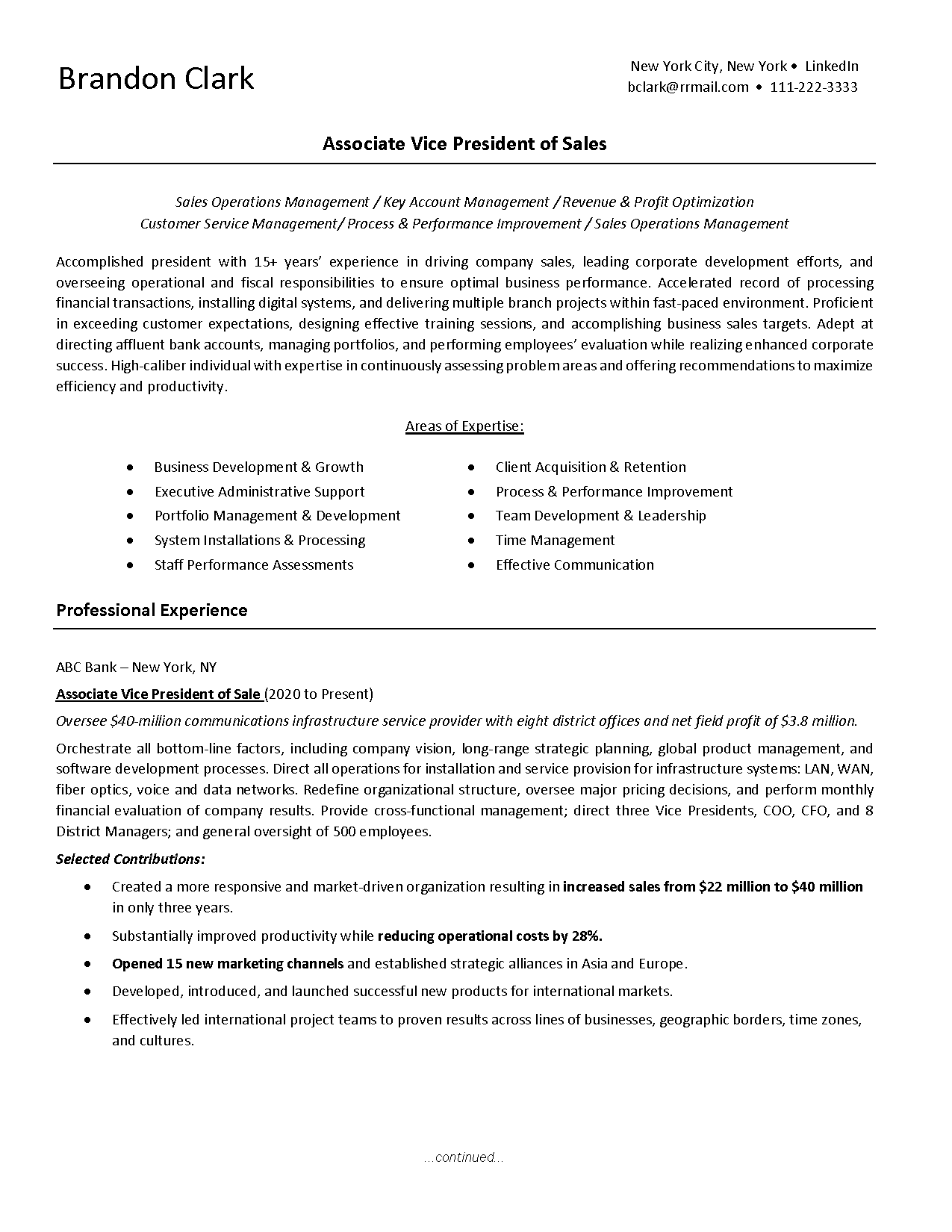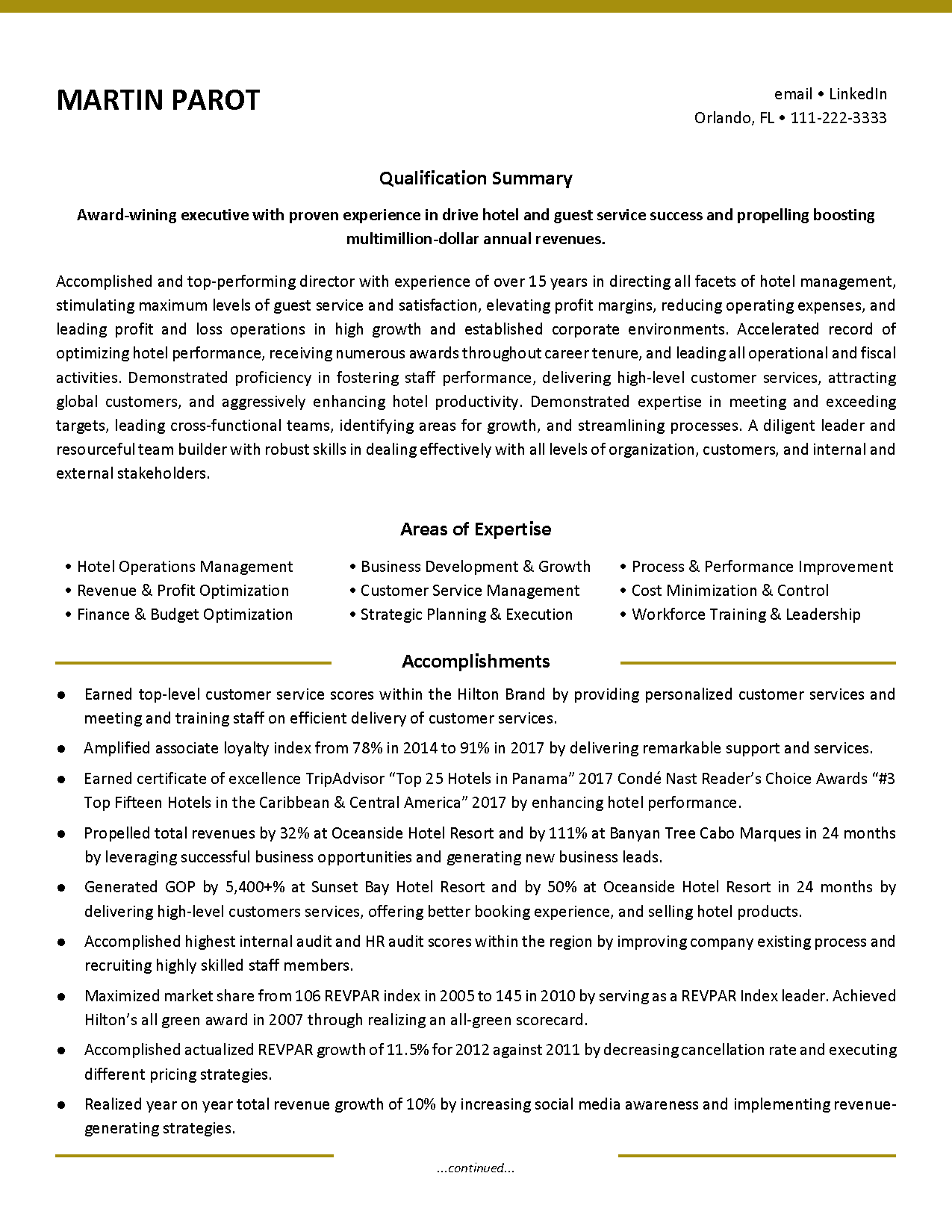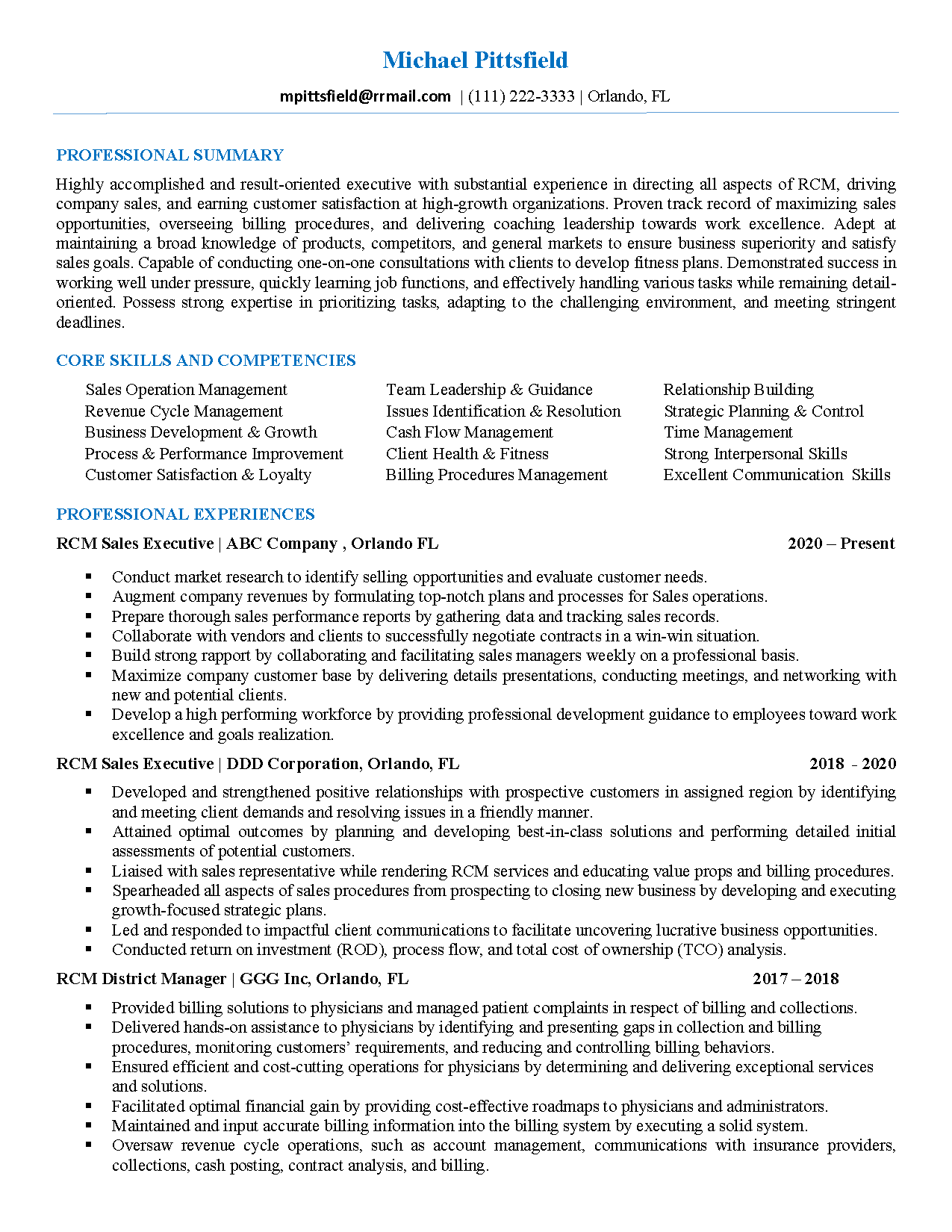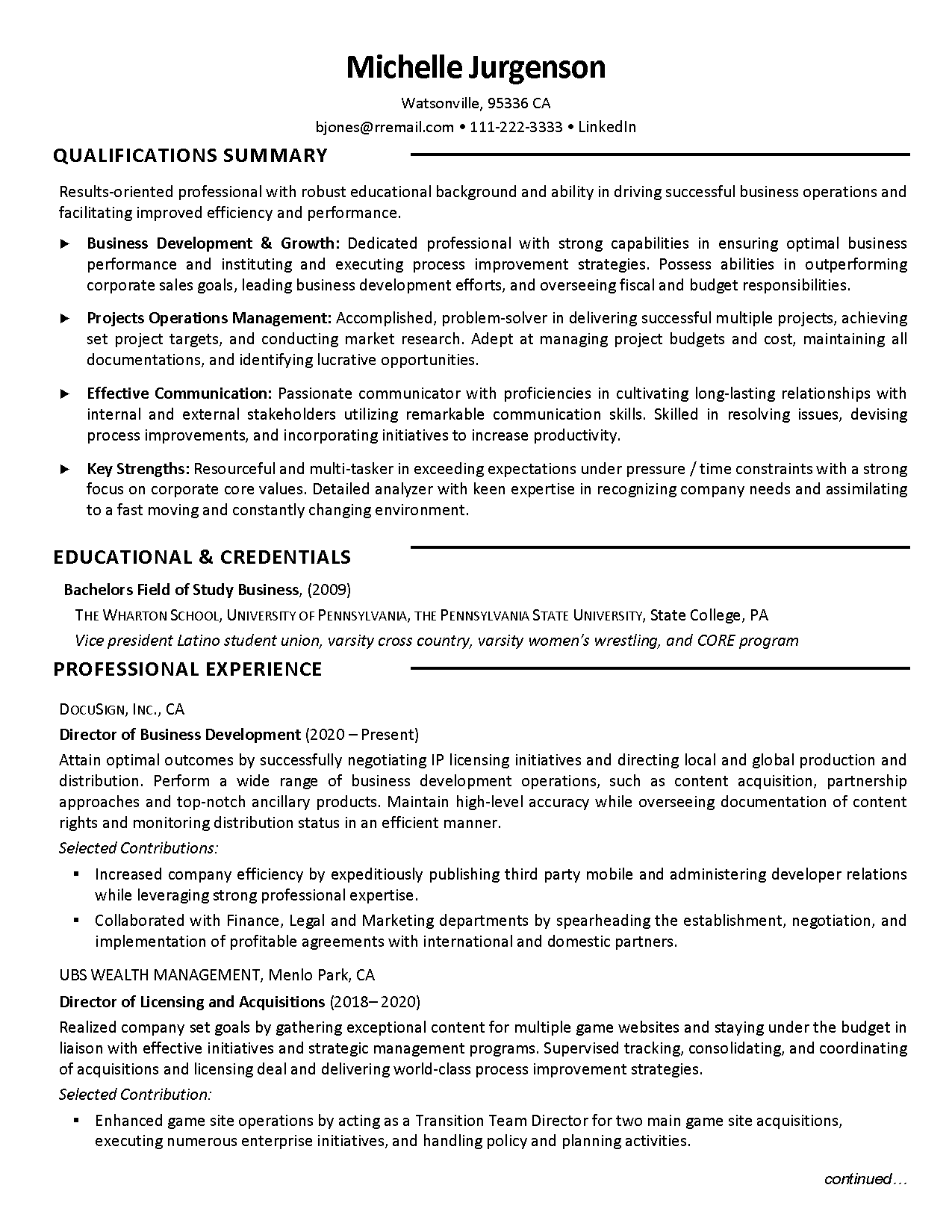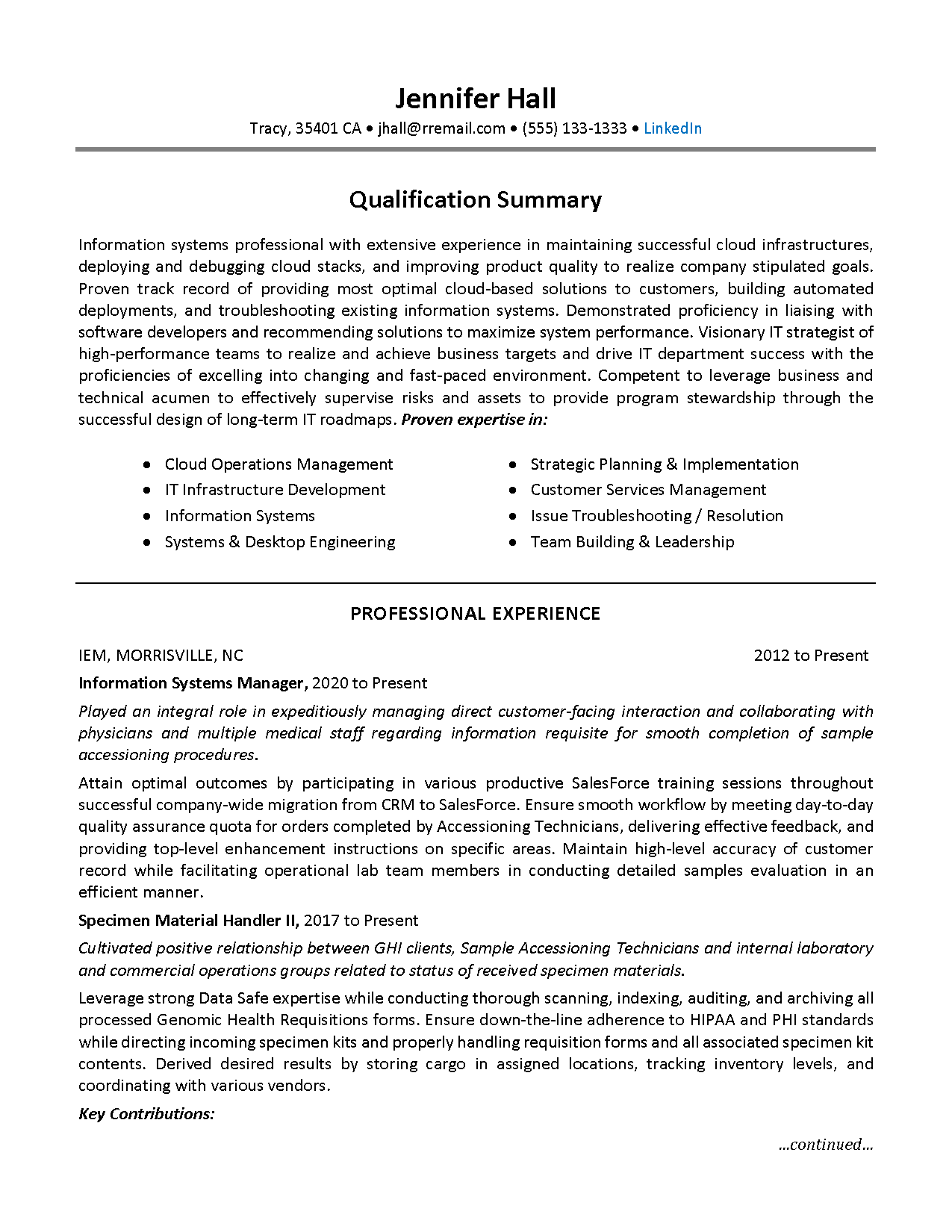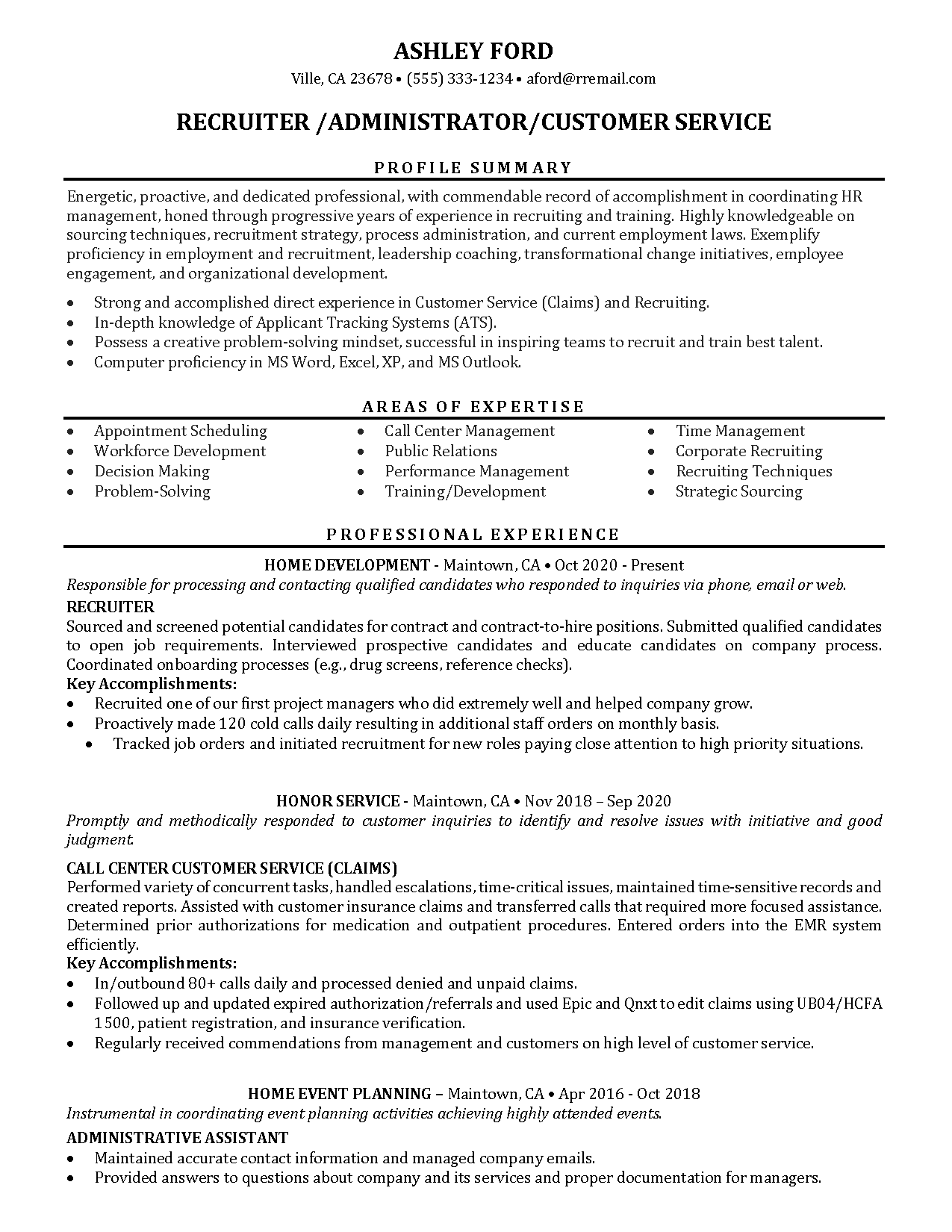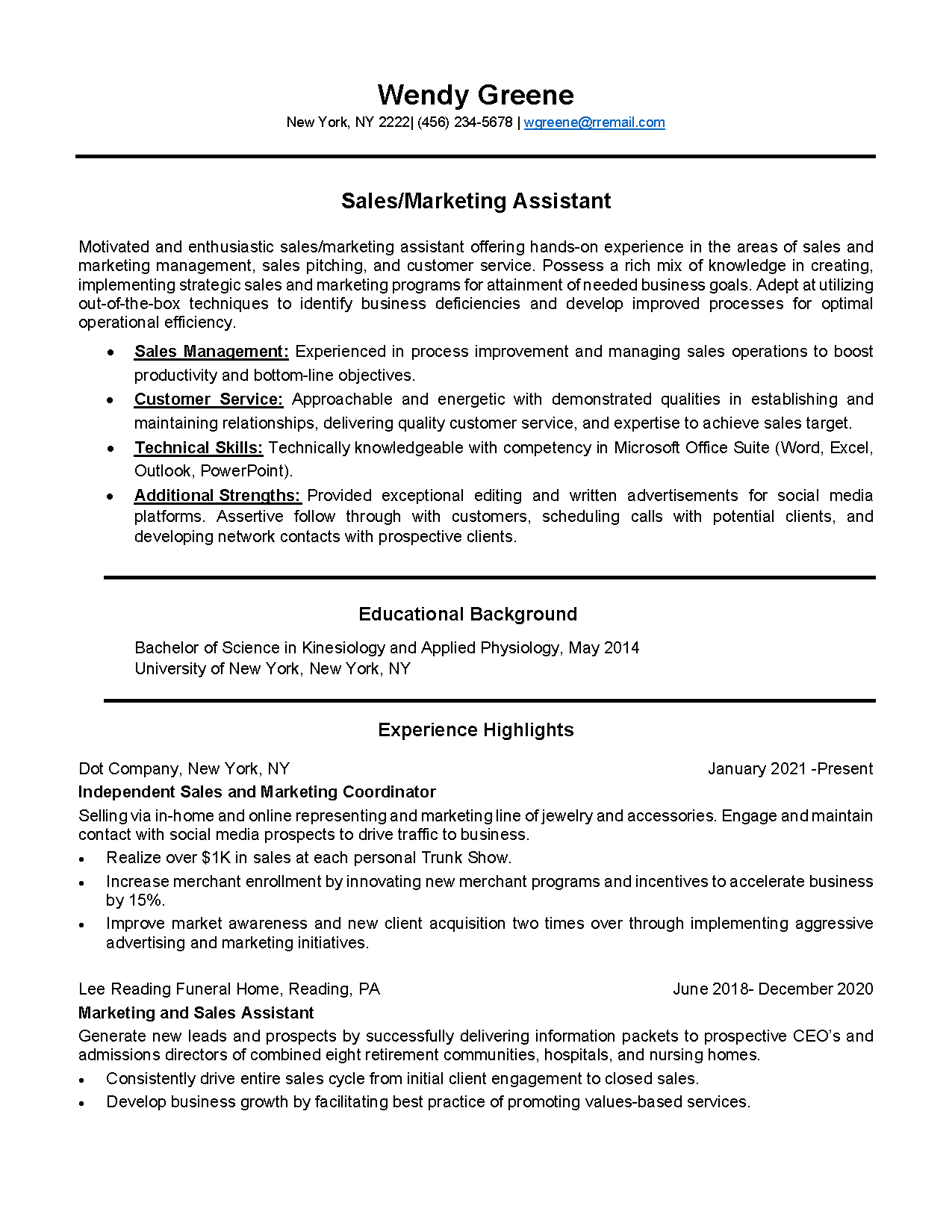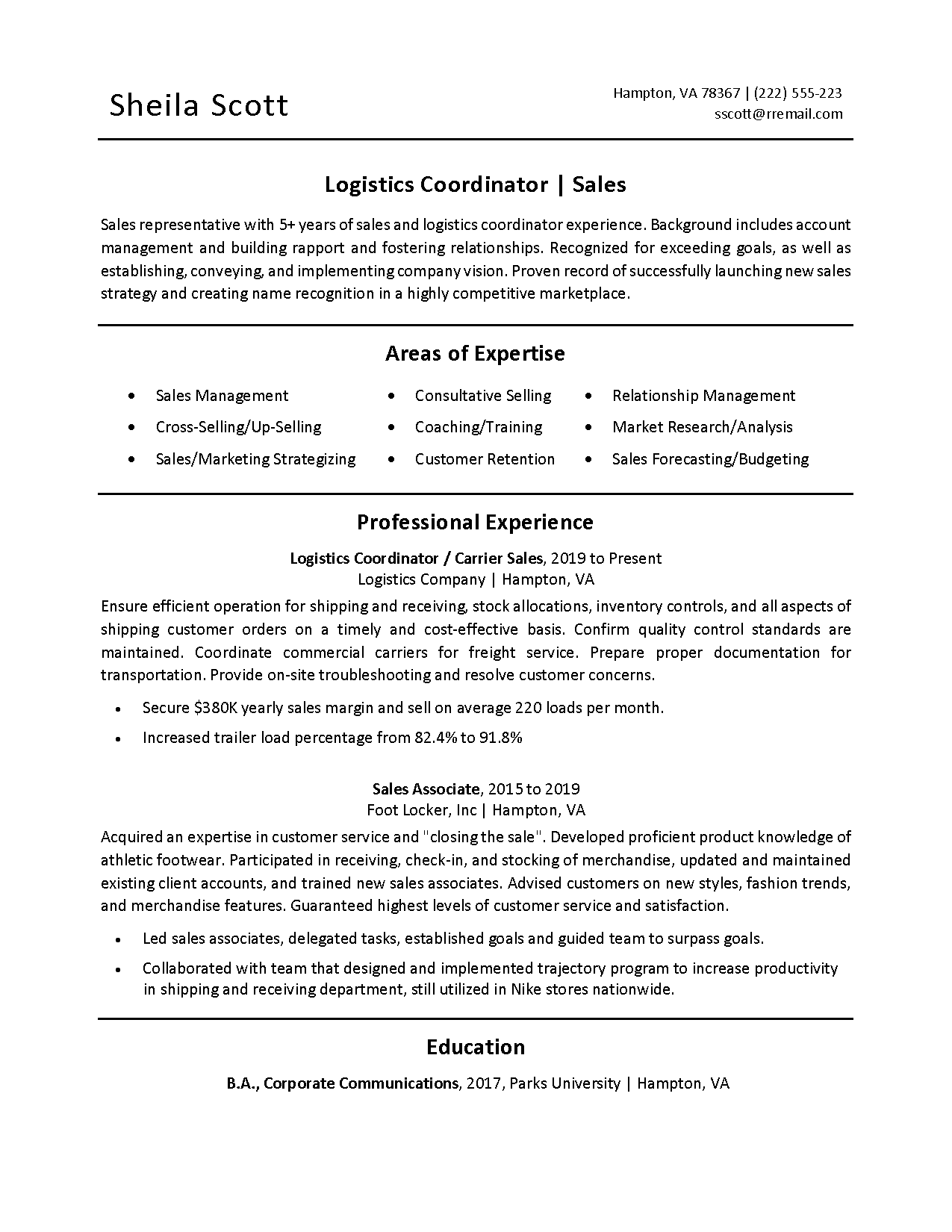
How To Include Work Projects In Your Resume
Are you looking for ways to make your resume stand out? Including your work projects is a great way to showcase your skills and accomplishments to potential employers. By highlighting your hands-on experience and problem-solving abilities, you can demonstrate your compatibility with a company’s culture and showcase your leadership and project management expertise.
Listing your work projects on your resume can also help you stand out from other applicants who may not have experience in your field. It can demonstrate your ability to take on new challenges and be proactive in finding solutions.
Additionally, including your work projects can help you tailor your resume to the specific job you are applying for, highlighting your relevant experience and skills.
What Are the Benefits of Listing Projects on Your Resume?
You’ll want to show off your skills and accomplishments by including work projects on your resume, as it can help you make a powerful impression and increase your chances of landing your dream job.
Listing projects on your resume helps showcase your skill set and highlights hands-on examples of applying your capabilities to find solutions. This can demonstrate your leadership skills, project management skills, and ability to take initiative.
When you list projects on a resume, make sure to include projects that are relevant to the job you’re applying for. This can consist of professional work experience, listing academic projects, and personal projects.
Including a project section on your resume can give hiring managers a deeper understanding of your capabilities and accomplishments.
When you list your projects on your resume is especially important if you’re applying for a job in a technical field. Academic projects highlighting technical expertise and soft skills can be beneficial in demonstrating your qualifications for a position.
Including a professional portfolio or linking to an online portfolio, website, or blog can also provide employers with additional information about your capabilities and accomplishments.
Should You Include Work Projects on a Resume?
It’s advisable to incorporate your notable achievements from previous roles, particularly those that showcase your skills and expertise when crafting a comprehensive professional profile.
Including impressive projects in your resume can help demonstrate your proficiency and ability to apply your skills to find practical solutions. You can include projects in the work experience section of your resume or create a separate project section to highlight your accomplishments.
When deciding which projects to include on your resume, consider the relevance to the job description and the skills required for the position. Choose projects that demonstrate your leadership skills, ability to take initiative, and compatibility with company culture.
Keep the project descriptions brief and focus on the impact and results of the project. By including projects on your resume, you can make a powerful impression and showcase your hands-on examples of applying your capabilities.
Additionally, projects you include from your professional experience can help differentiate you from other candidates and highlight your unique expertise and skills. Overall, including projects on your resume can help to get an interview for your dream job.
When Should You List Work Projects on Your Resume?
Highlighting your successful work projects is like adding spice to your resume, giving it flavor and depth that can impress potential employers and set you apart from other candidates. Including projects relevant to the job on your resume can demonstrate your experience and showcase your abilities. However, it’s essential to choose the right projects to include.
When deciding whether to list projects on your resume, consider the project’s relevance to the position you’re applying for. If the project demonstrates skills relevant to the job, it’s worth including. Projects and accomplishments showcasing your leadership skills can also be particularly impressive.
If you include work projects on your resume, consider creating a separate project section to highlight them. This can make hiring staff to identify and evaluate your experience easier.
Remember to keep project descriptions brief and focus on the most important details.
How Many Projects Should I Include in My Resume?
When deciding how many projects to showcase in your professional portfolio, envision a balanced mixture of personal, academic, and work projects. It’s essential to consider the type of job you’re applying for and the skills the potential employer is looking for. You don’t want to overload your resume with too many projects, but you also don’t want to leave out important ones that showcase your abilities.
A good rule of thumb is to include 2-3 relevant projects for each job you’ve held. You can add these projects to your resume in a separate section or incorporate them into the job description where they’re most relevant. If you’re using a resume template, ensure there’s enough space to add projects without cluttering the document.
Remember, the goal is to highlight your talents through relevant projects. Hiring managers want to see concrete examples of how you’ve applied your capabilities to solve problems and achieve goals. By including a balanced mixture of personal, academic, and work projects, you can demonstrate your versatility and show that you have the skills and experience needed to succeed in the job.
What if You Don’t Have Any Project-Related Work Experience?
If you don’t have any project-related work experience, there are still ways to showcase your skills and abilities through alternative means, such as volunteering or internships.
You can list your volunteer work or internship experience on your resume and highlight the soft skills you gained, such as teamwork, communication, and problem-solving. Even if the projects were not directly related to the position you’re applying for, they can still demonstrate your ability to take initiative and make a positive impact.
Another option is to include any past projects you’ve worked on outside of work or school. These could be personal projects like building a website or creating a mobile app, demonstrating your technical skills. You can also showcase your creativity and problem-solving abilities through arts and crafts projects or community service initiatives.
Including a variety of projects on your resume can show your dedication and passion for your craft. Consider creating a project-based resume if you lack work experience with projects. This type of resume focuses on your past projects and the skills you gained through them rather than traditional work experience.
You can also use resume templates designed for freelancers or project-based workers to showcase your talents. You can demonstrate your capabilities by highlighting your projects with real-world examples and standing out, even if you lack traditional work experience.
What Kind of Work Projects Should I List on My Resume?
To showcase your skills to potential employers, you should mention hands-on examples of applying your capabilities to find solutions, for example, completing a project that was 20% under budget or finishing a project ahead of schedule. When listing projects on your resume, it’s vital to highlight projects that demonstrate skills relevant to the position you’re applying for.
Whether it’s a project you completed at work or a personal project, including details about it can increase your chances of getting an interview. There are several types of projects to include in your work experience section. Work projects, personal projects, academic projects, and freelance projects are all great examples.
For example, if you’re applying for a project management position, you may want to describe projects where you demonstrated leadership skills. When describing your projects, include details about your role and the impact the project had on the company or organization. Use active verbs to describe your accomplishments, such as ‘created,’ ‘managed,’ or ‘implemented.’
By highlighting several projects on your resume, you can demonstrate your ability to take the initiative, solve problems, and work collaboratively.
How Can I Talk About Confidential Projects on My Resume?
Confidential projects can be tricky to address on your resume, but you must be cautious and avoid revealing sensitive information. One option is to leave them out altogether. However, if the project is relevant to the role you’re applying for, you may want to include it, but be careful not to give away confidential information. In this case, it’s best to focus on the skills and experience you gained from the project rather than the specific details.
When describing your projects, it’s essential to include details highlighting your accomplishments and demonstrating your skills.
In addition to your resume, a project-based resume builder can be a valuable tool for organizing and presenting your projects clearly and concisely.
When deciding which types of projects to include on your resume, consider those that are most relevant to the role you’re applying for. This could consist of work, personal, or academic projects. By highlighting key projects demonstrating your skills and experience, you can increase your chances of getting noticed and landing your dream job.
Conclusion
Congratulations! You now know how to include your projects on your resume effectively. By doing so, you can showcase your skills and demonstrate your expertise to potential employers.
According to a recent study, job seekers who include specific examples of their work on their resumes are 35% more likely to receive interview invitations than those who list their job responsibilities. So don’t be afraid to highlight your accomplishments and showcase your problem-solving skills.
When listing your work projects on your resume, being strategic and selective is essential. Choose projects that you’ve done that align with the job you’re applying for and highlight the most relevant skills to the position.
If you don’t have a lack of work experience, don’t worry. You can still showcase your skills by highlighting relevant coursework, internships, or volunteer work.
With these tips in mind, you’ll be well on your way to crafting a winning resume that showcases your skills and sets you apart from the competition. Good luck!







